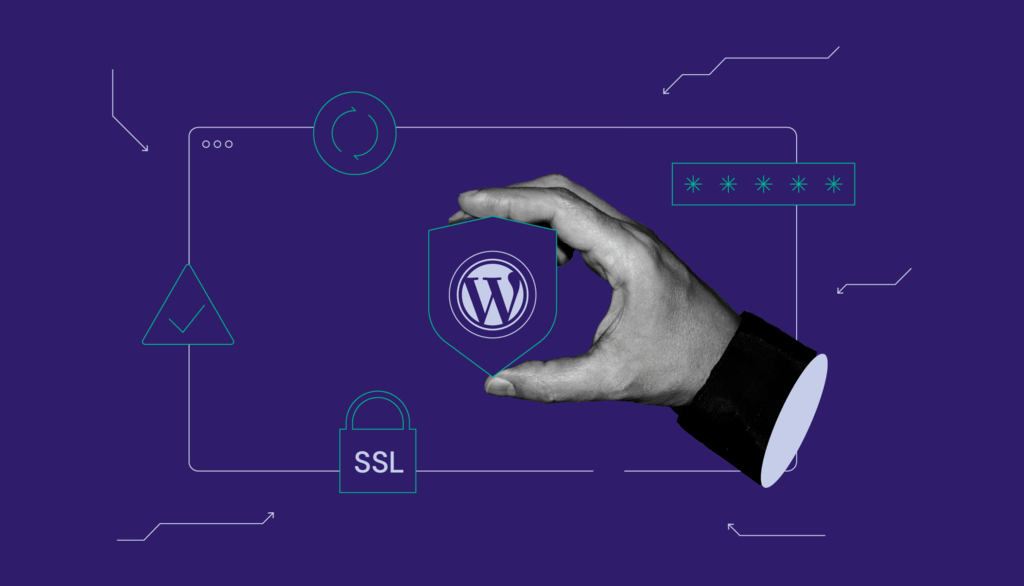Introduction:
Securing your WordPress website is of utmost importance to protect it from potential cyber threats and maintain the integrity of your online presence. In this article, we will explore essential tips and best practices that you can implement to enhance the security of your WordPress website.
Sections:
1. Keeping WordPress Core, Themes, and Plugins Updated
- The significance of staying up to date with the latest versions
- Enabling automatic updates for improved security
- Regularly checking for plugin and theme vulnerabilities
1. Choosing Strong and Unique Passwords
- The importance of robust passwords for user accounts
- Implementing password complexity rules
- Utilizing password management tools for secure storage
1. Implementing Two-Factor Authentication (2FA)
- Understanding the concept of 2FA and its benefits
- Exploring different 2FA methods (e.g., SMS, authenticator apps)
- Setting up a reliable 2FA solution for WordPress login
1. Limiting User Access and Permissions
- Managing user roles and capabilities effectively
- Assigning appropriate permissions to user accounts
- Regularly reviewing and revoking unnecessary user access
1. Utilizing Secure Hosting and SSL Certificates
- Choosing a reputable hosting provider with robust security measures
- Implementing SSL certificates for secure data transmission
- Understanding the importance of HTTPS encryption
1. Regular Backups and Recovery Plans
- Setting up automated backup solutions for your WordPress site
- Storing backups in secure offsite locations
- Testing the restoration process to ensure data recoverability
1. Protecting Against Malware and Brute-Force Attacks
- Installing security plugins for malware scanning and removal
- Implementing login attempt limitations and CAPTCHA verification
- Utilizing web application firewalls (WAF) for enhanced protection
1. Monitoring and Auditing Website Activity
- Configuring activity logs to track user actions and changes
- Analyzing logs for suspicious activities and unauthorized access
- Implementing intrusion detection and prevention systems (IDS/IPS)
Conclusion:
By following the security practices outlined in this article, you can significantly reduce the risk of your WordPress website falling victim to cyber threats. It is essential to remain vigilant, stay updated with security best practices, and regularly review and enhance the security measures in place to safeguard your website and users' data.

